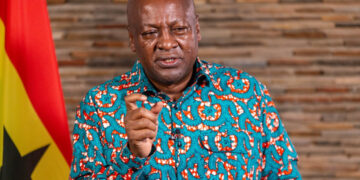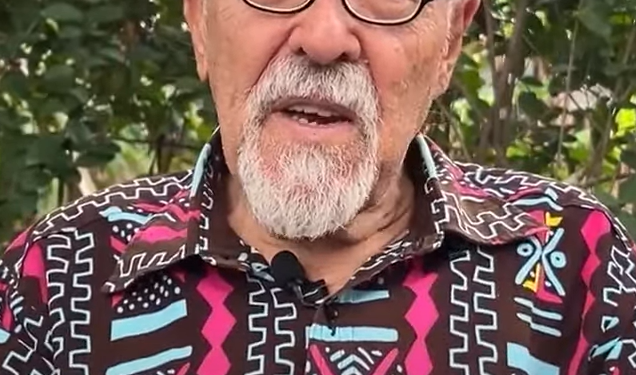Professor John Collins, an ethnomusicologist and lecturer, has refuted suggestions that Liberians are the real creators of highlife.
This follows multiple disputes on the genre’s provenance, which is largely attributed to Ghana.
Professor Collins has stated that, contrary to popular belief, the Kru Sailors from Liberia did not create the genre when they taught Ghanaian guitarists how to play the western guitar using a two-finger pick. Rather, they were merely teachers.
He said to Kwame Dadzie on Joy FM’s Showbiz A-Z that while highlife is also practiced in several Western African nations, the genre was first identified in Ghana in the 1920s.
“The Kru players developed distinct ways of playing the guitar on the high seas in the 19th century. Kru’s were recruited on board a lot of slave ships by the Europeans and Americans. So they picked up the Spanish guitar but they didn’t use the Spanish way of playing or picking the strings. They used the typical African style like King Ayisoba – the way Africans play the lute.
That’s what the Kru people spread down the coast of West Africa but it wasn’t highlife. It was a sort of an element of highlife. In Ghana, it was absorbed into the Osibisaba music and in Sierra Leone the Maringa, and in Nigeria, juju music,” he said.
While certain nations continue to assert their claim to the origins of highlife, scholars such as Professor John Collins have consistently stated that Ghana is the place of genesis in a number of publications, workshops, and documentaries.
Highlife is now being considered for inclusion on Ghana’s intangible cultural heritage list by the United Nations Educational, Scientific, and Cultural Organization.
The Secretary General of the Ghana Commission for UNESCO, Ama Serwah Nerquaye-Tetteh, stated a few weeks ago that highlife will shortly be included to UNESCO’s list of intangible cultural treasures of Ghana.
Read also:Maresca defends style after Chelsea draw with Wrexham
This follows a number of meetings and conferences that the Ghana Folklore Board and the Ghana Cultural Forum hosted to talk about strategies for adding Ghana’s highlife to the list of Intangible Cultural Heritage (ICH) recognized by UNESCO.
A practice, representation, expression, knowledge, or ability that UNESCO recognizes as a component of a place’s cultural heritage is known as an intangible cultural heritage (ICH).
Non-physical intellectual riches, such as folklore, customs, beliefs, traditions, knowledge, and language, is referred to as intangible heritage.
UNESCO member states take into account intangible cultural assets when evaluating the tangible World assets, with an emphasis on intangible facets of culture.
UNESCO has designated certain musical styles as intangible cultural heritage, including Congo’s rhumba and Jamaica’s reggae.



























